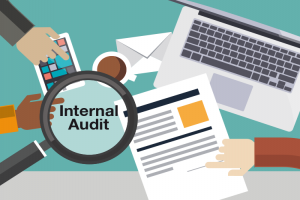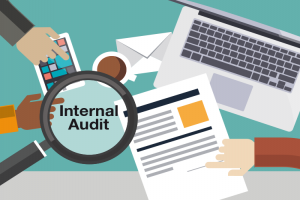Event Details
In this workshop, you will explore how to encourage people to open up and share information, manage conversational flow, pay attention and respond to behavioral clues, capture details and insights provided by the interviewee, and incorporate interview results into your overall audit approach.
CONTENT
Overview of Interviewing in the Context of Internal Auditing
- Interviewing as an essential skill
- Types of Audit Evidence
- An interview is not an interrogation
Planning and Preparation
- Establishing your objectives
- Roles and responsibilities
- Conversational Styles
- Verbal and Non-Verbal Dimensions
- Types of Questions
- Listening Skills
- Questioning Skills
- Ways of documenting answers
Preparing and Managing the Interviewee
- Introductions and establishing rapport
- Laying a foundation for understanding and trust
- Establishing a professional conversation
- Managing interviewee expectations
Executing the Interview Itself
- Asking your planned questions
- Improvising follow-up questions
- Listening to what is said—AND what is not said
- Observing behavioral clues
- Taking notes, making recordings
- Special considerations: translators,
Escorts, group interviews
Documenting the Interview
- Making time to document
- Independent versus collaborative records
- Sharing notes with the interviewee
Follow-up to Interviews
- Interviewing other parties
- Designing audit testing to corroborate information
FOR WHOM:
All Internal Auditors in the Public and Private Sectors.
TRAINING METHODOLOGY
The training methodology combines lectures, discussions, group exercises and illustrations. Participants will gain both theoretical and practical knowledge of the topics. The emphasis is on the practical application of the topics and as a result participant will go back to the workplace with both the ability and the confidence to apply the techniques learned to their duties.
This course is available in the following locations:
Nigeria - $3000
Ghana - $6000
Rwanda - $7000
UK - $8000
USA - $8000





